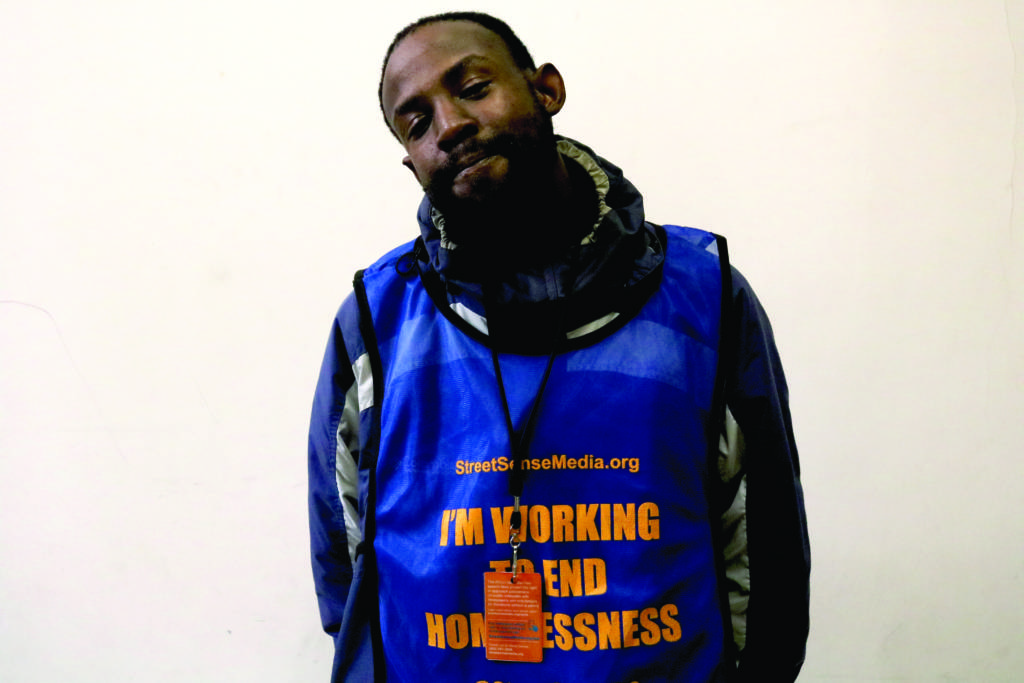As a five-year-old, Marcus McCall often spent his nights wandering the streets of D.C. asking strangers for money. His mother, a drug addict who used while she was pregnant with him, would use the cash he collected to fund her habit.
“I was taught to panhandle before I even learned how to read or write,” he remembers. “Who is going to turn down a hungry child at two, three in the morning? To my surprise, I was just helping my mother get her next fix, not to feed me.”
The instability and trauma of Marcus’ early life sent him down a meandering path through the foster care system, drug addiction and homelessness. Now 29, he’s hoping his story can help young kids coming up in similar situations.
“I want to be a great mentor. I believe my voice can be heard in so many ways that can change young people’s lives. I needed a coach when I was a child. I found the wrong coach.”
The death of Marcus’ grandmother left him alone with his mother, ending any semblance of parental care. City authorities charged his mother with neglect and he was taken from her custody and placed in D.C.’s foster care system. After a period of living with a foster family, the city placed with an aunt, her young-adult children, and her grandchildren. This environment brought a new element into his life—by age eight, he was using marijuana. His drug usage worsened in high school.
“I started using drugs more often on my own to deal with my little cousins teasing me,” Marcus remembers. “I became a loner. I used to write poetry and cut myself. Pain was my pleasure. My life was in shambles.”
It was during this period that the city initiated another neglect case on his behalf because his aunt was sent to prison on drug charges. From that point, he lived in a series of group-homes for boys age 14 to 18 who had become wards of the city.
Marcus’ last placement was in a program designed to provide youths in the city’s care with the tools needed for a smooth transition to adulthood. Yet, as happens to many youths in his situation, Marcus found himself with no material resources or family structure once he aged out of the system. He has been homeless ever since his emancipation.
“The streets were always in my face, before the school books,” he says, “so it was kind of hard for me to grab onto something productive, to try to switch over to something that was constructive in my life.”
“I was very rebellious. I didn’t take the opportunity to grasp the opportunities offered to my peers. I wasn’t aware of the programs that were out there for kids when they’re emancipated.”
At Street Sense Media, he found a platform to share his story and inspire those younger than he. Marcus, who grew up wanting to be a nurse, “always wanted to help people.”
“Right now, I believe it’s on me to get out there and share my story so that someone younger does not become homeless and a victim of the streets.”
As for now, he knows he also needs to help himself. He’s getting some assistance from a local social service agency that’s been attempting to establish his eligibility for Supplemental Security Income, income he hopes will help him get housing. From there he hopes to get his GED and go to college.
With panhandling behind him, Marcus looks back with clarity at his life. When asked what keeps him from being drawn back into the streets, he returns to his new role as a storyteller.
“I wanted an opportunity to share my craft. Now, I get a chance to do something positive, to actually share. I’m just glad to have Street Sense Media to give me the opportunity to change.”




